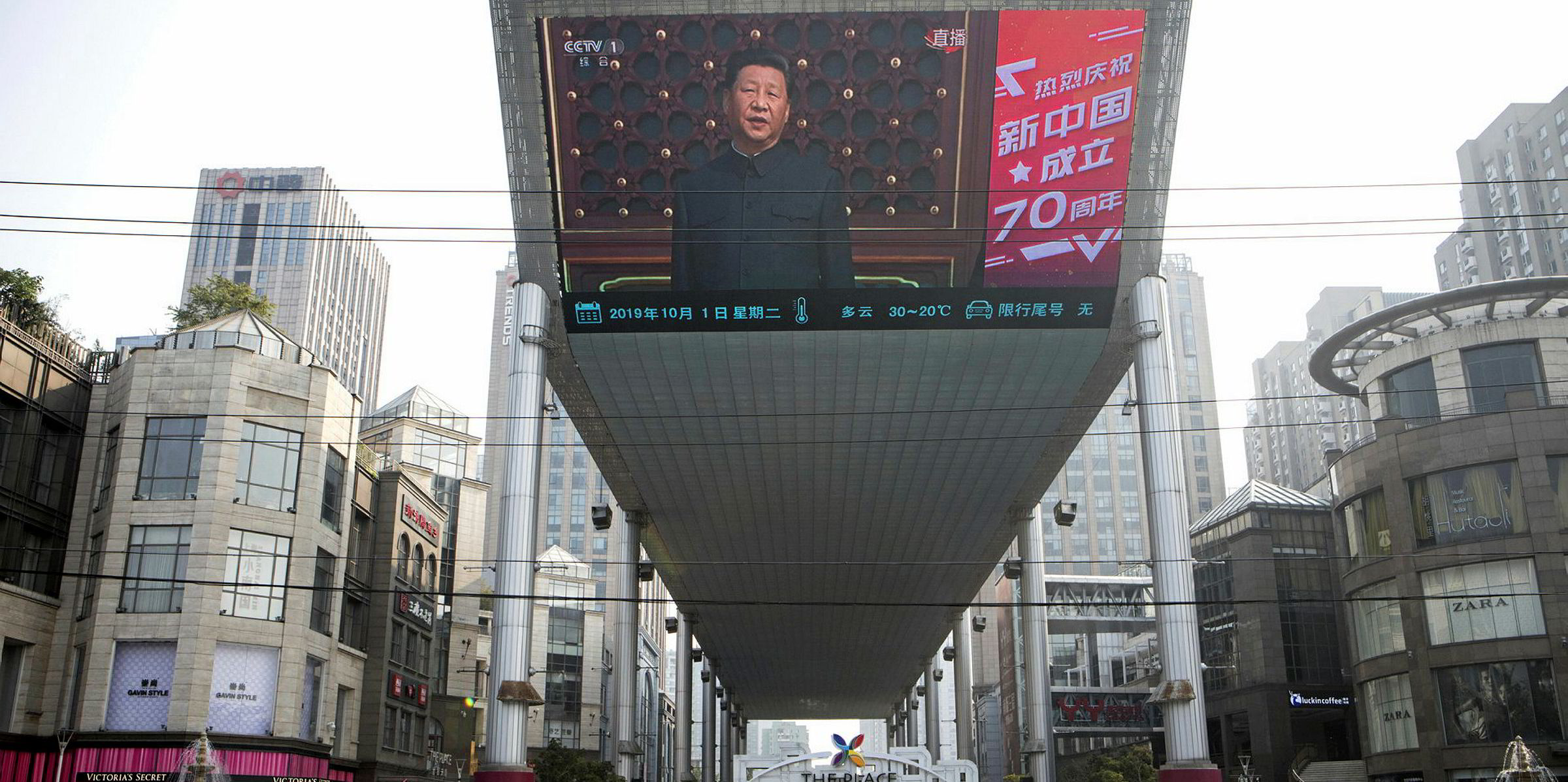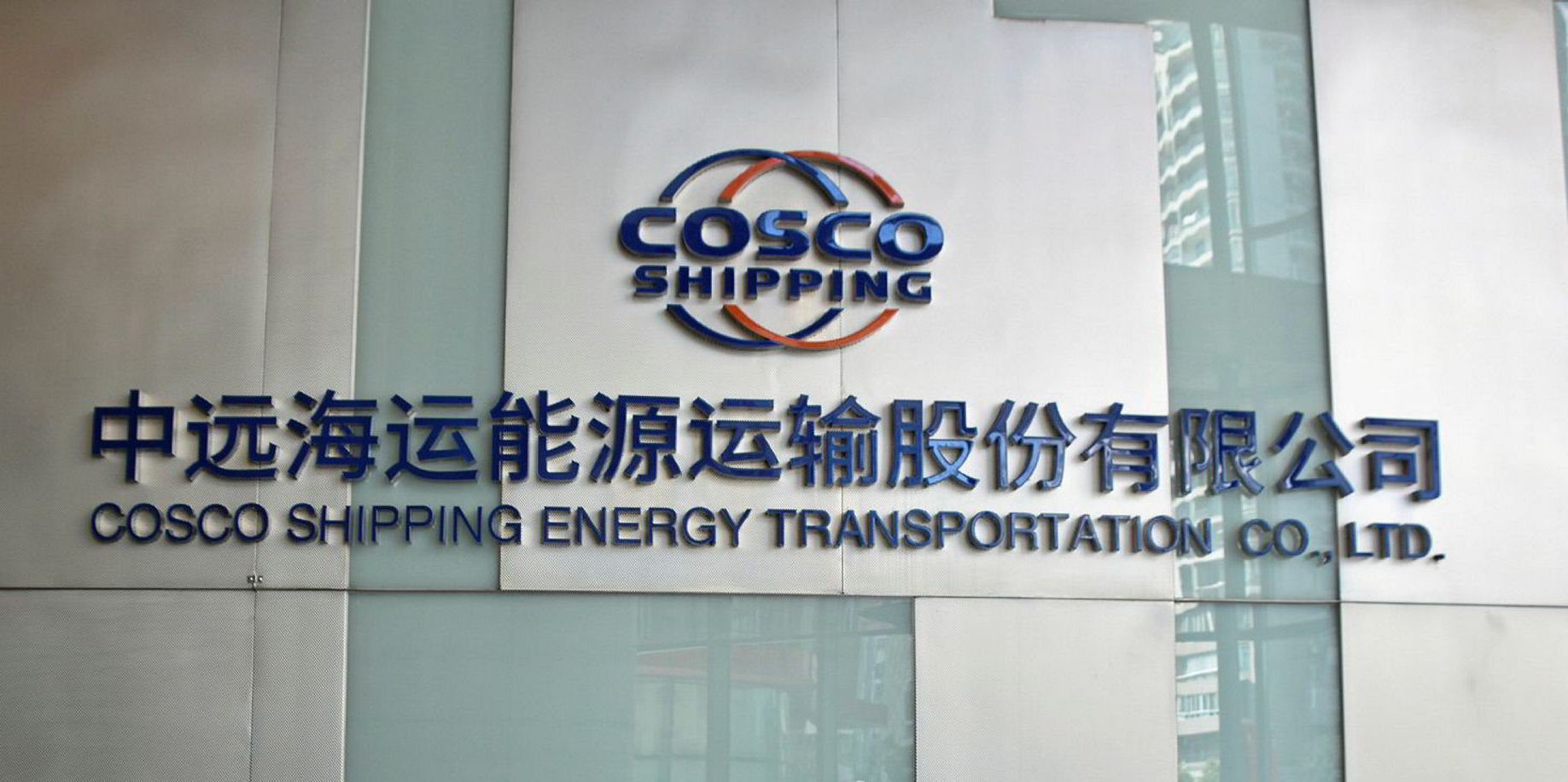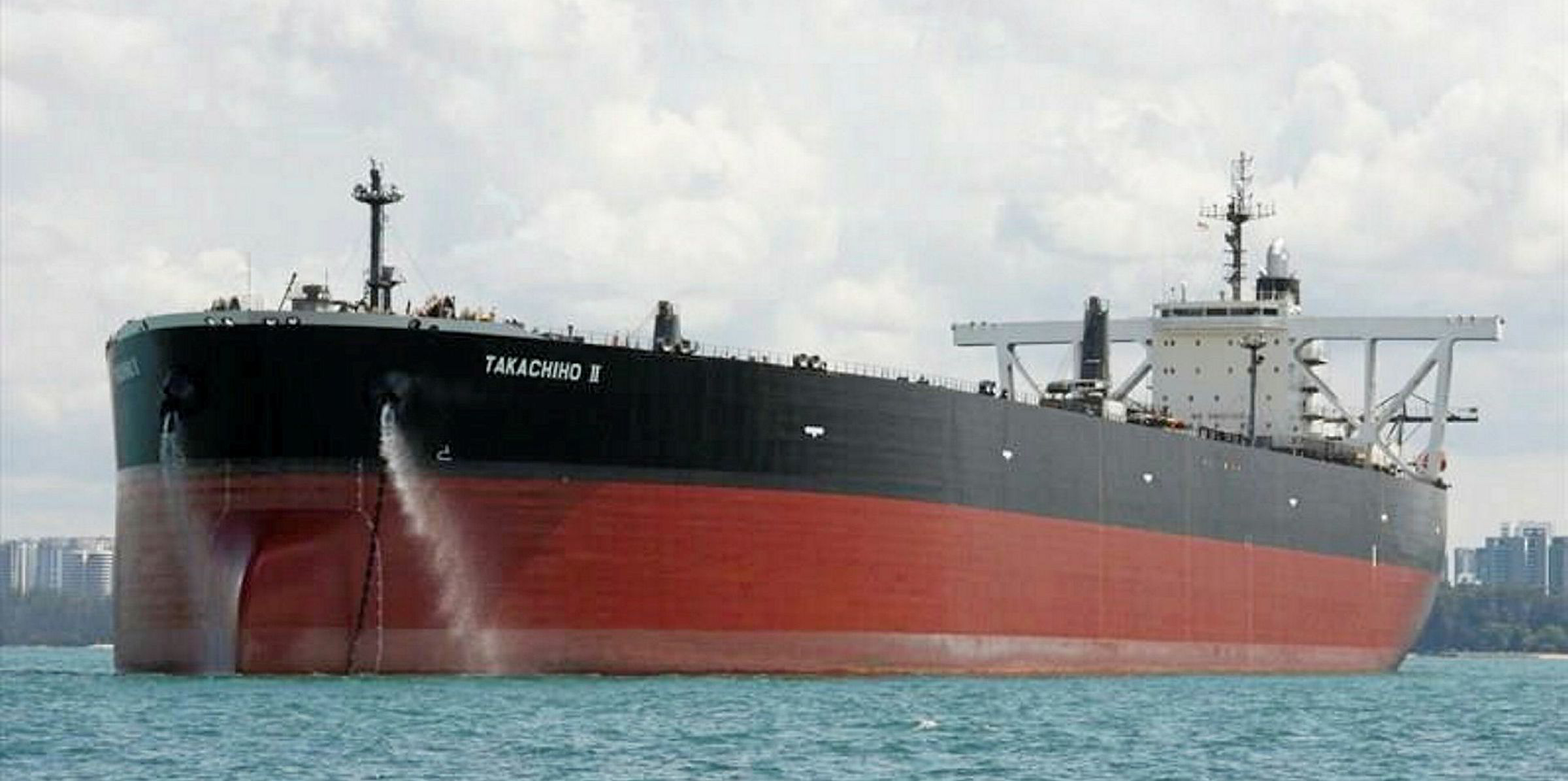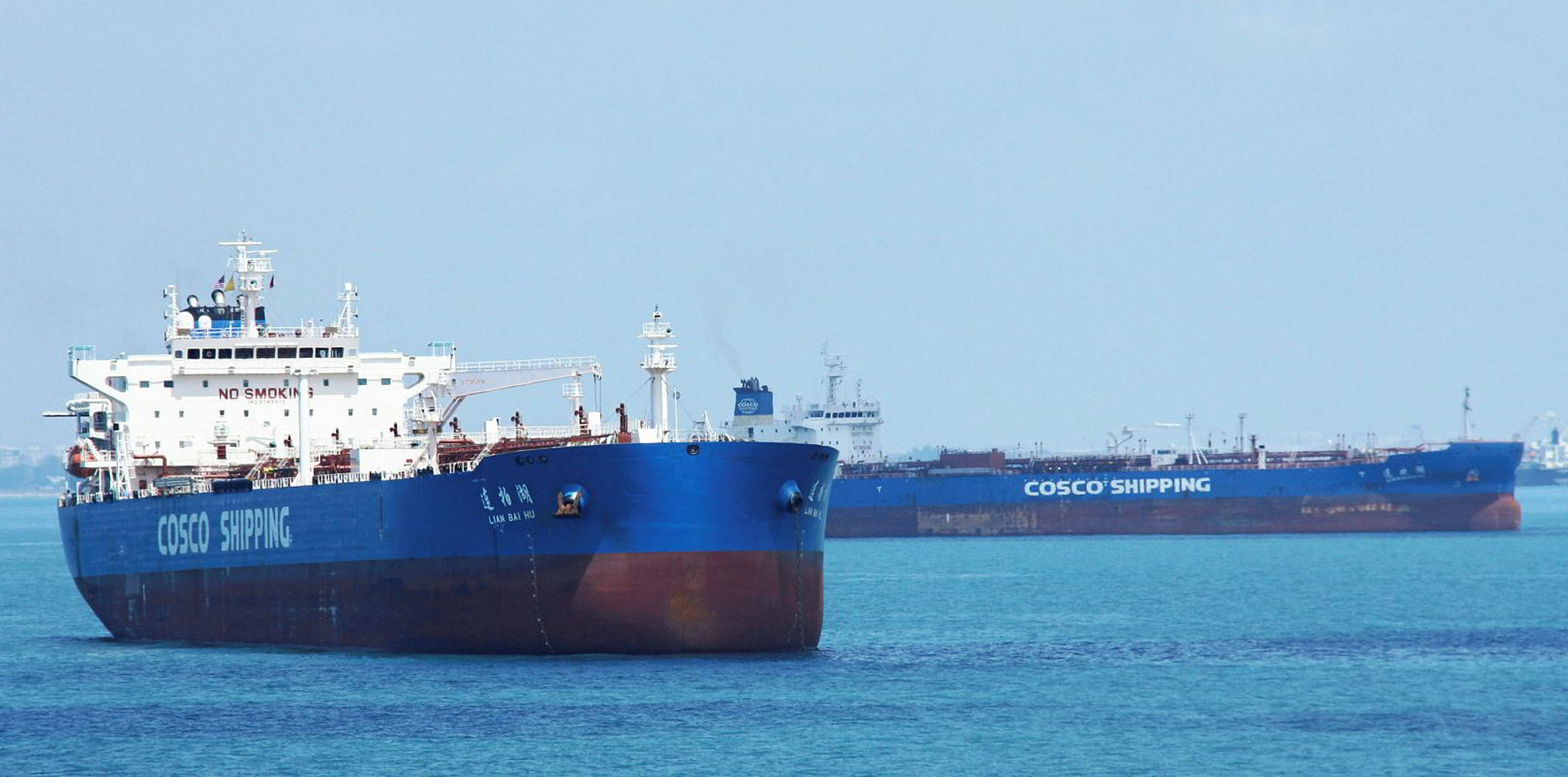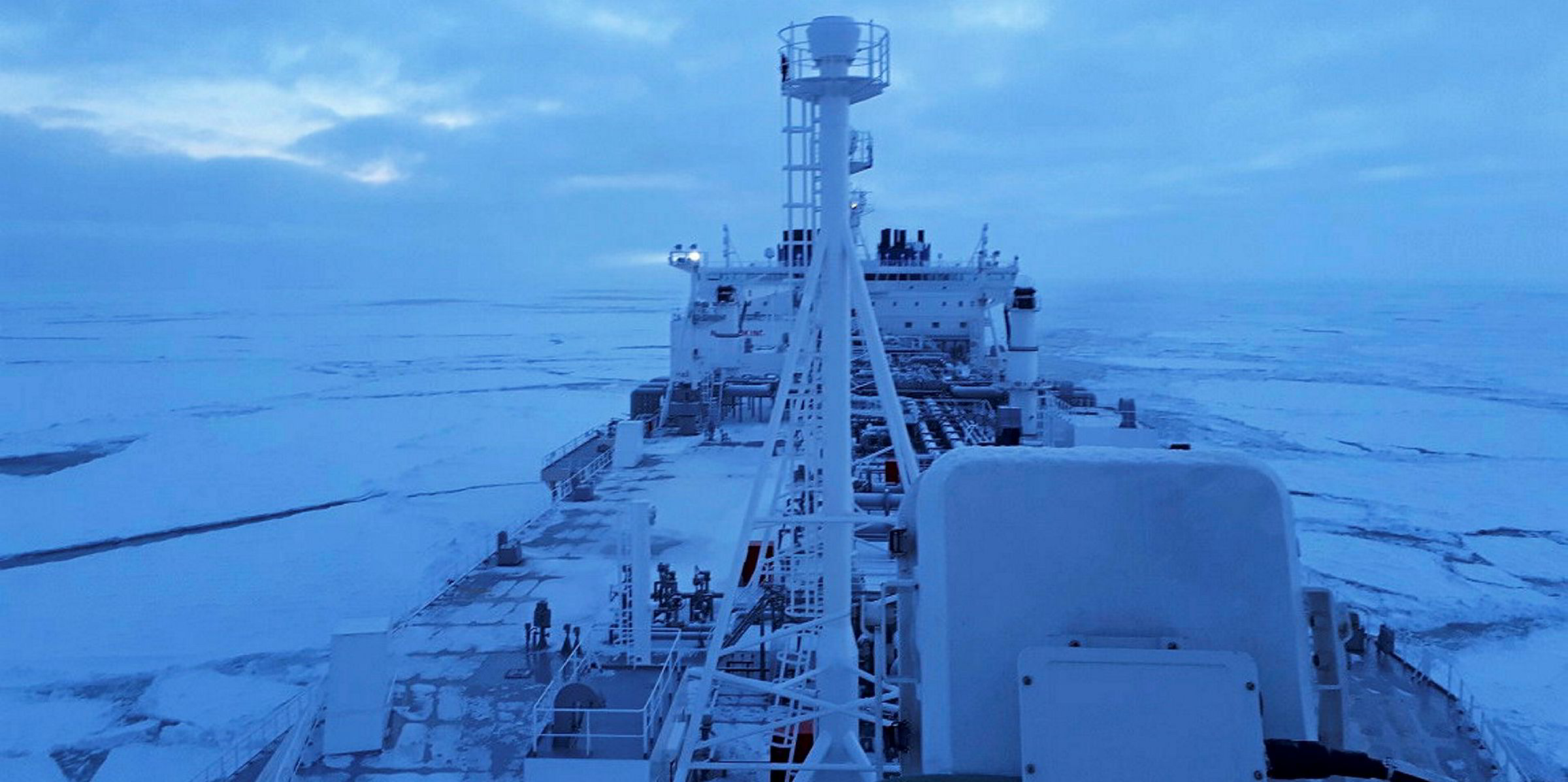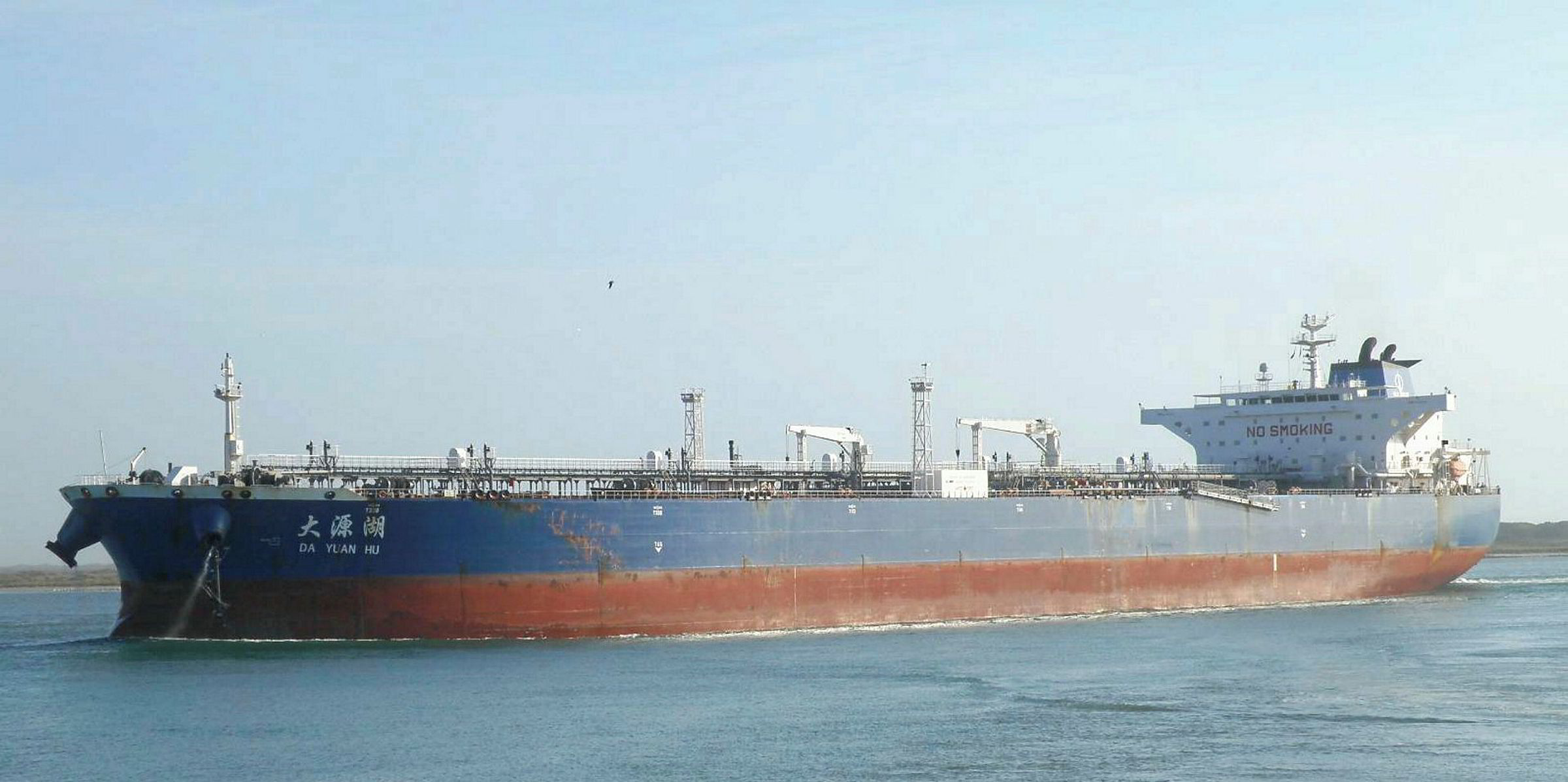The 70th anniversary of the founding of the People's Republic of China passed this week on land with speeches, celebrations and a grand — or should that be grim — military parade.
But at sea it was a less celebratory scene as part of China's tanker fleet found itself shunned by the international community. And in the maritime centre of Hong Kong, it was business as usual: civil disorder.
About 15,000 troops, 160 aircraft and a new generation of ballistic missiles were on show in Beijing in celebration of the day Mao Zedong took control of Tiananmen Square in 1949.
Current President Xi Jinping paid homage to his predecessor, saying “a promising nation must have heroes and a country with future prospects must have pioneers”.
He said “no force” would stop the Chinese nation “forging ahead”.
China has much to celebrate: the country has moved from impoverished agrarian backwoods to an ultra-modern industrialised powerhouse.
It is credited with having transformed the fortunes of its now 1.4bn population quicker than any nation in history.
It almost single-handedly caused the biggest boom in maritime history in the run-up to the financial crash of 2008, blame for which cannot be laid at its door.
And it has helped create conditions for massive new shipbuilding and an operating sector that could not have been dreamed of 70 years ago.
Stresses of authoritarianism
But sadly the maturing of China’s economy has not been matched by a similar trend in its politics, which remain trapped in a bygone state of authoritarian one-party rule.
The lack of political freedom and democracy is now beginning to cause huge stresses, unsurprisingly — not least in Hong Kong. And the Xi’s flagship Belt and Road foreign policy initiative and investment is triggering disquiet abroad.
But ironically it is easier than ever for the Communist Party to argue the Western political way leads to chaos: just look at Donald Trump or Boris Johnson.
Aggressive foreign policy and economic nationalism being waged by Washington has triggered a head-on trade war with China, while new Trump-Iran sanctions are causing problems for Beijing’s shipping sector.
Shares in China Shipping Energy Transportation (CEST) dived 30% on the Hong Kong stock market early on Monday.
Investors were reacting to the imposition of sanctions by the US Treasury on Cosco Shipping Tanker (Dalian) Co, a subsidiary of CEST, which is in turn part of the giant state-owned China Cosco Shipping.
The two companies have been targeted by the US amid allegations that they have been illicitly carrying Iranian crude.
Another Chinese company, Kunlun Holding, is in trouble with its Western financiers for allegedly breaking sanctions through movements of Iranian crude and gas.
Washington has already sanctioned Zhuhai Zhenrong, one of China’s biggest oil importers, for allegedly buying Iranian crude.
The latest blacklisting does not affect the wider Cosco fleet — the biggest in the world — but it is believed to have made it hard for about 27 VLCCs to trade.
Venturing into trouble
And the fallout has cascaded into joint ventures with Yamal LNG being hit by Teekay Shipping’s tie-up with Cosco Dalian on Arctic gas carriers.
Many observers believe this action is just the latest in the wider trade war between the US and China.
And it is likely to be raised as an issue to be resolved when a new round of trade talks between the two sides is expected to begin later next week.
Cosco said in a statement that it was “very surprised” and that it was time the US stopped “policing and punishing legitimate maritime operators”.
Meanwhile, financial analysts have cut their share price targets for CEST, which is said to receive almost 40% of its net profits from Cosco Dalian.
The sanctions have created turbulence in an already tight VLCC market, causing hire rates to rise strongly as charterers scramble for non-Chinese tonnage.
The wider CEST business could be hit as shippers feel more comfortable giving a wide berth to any vessels that could cause them any kind of trouble.
These maritime problems will be seen locally as minor irritants given the larger picture of China’s economic success. But the country’s future prosperity may depend more on how it tackles internal issues.
Hong Kong protests are being watched closely by some other frustrated groups inside wider China and even Xi knows democracy demands cannot be shot down by ballistic missiles.
